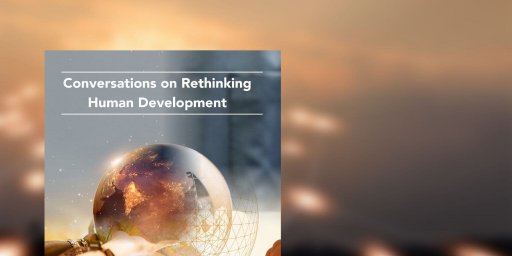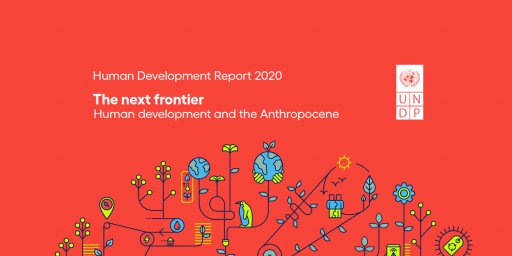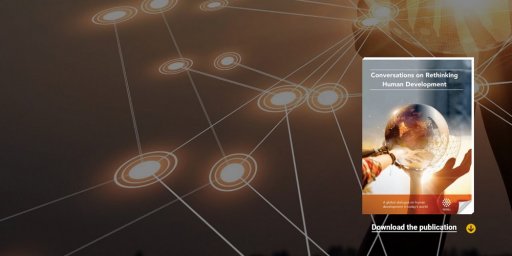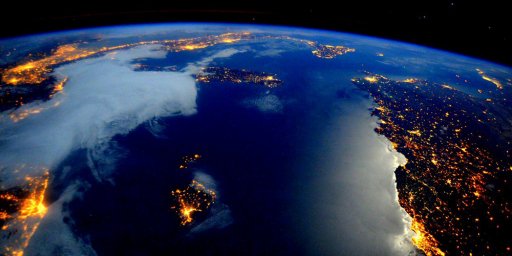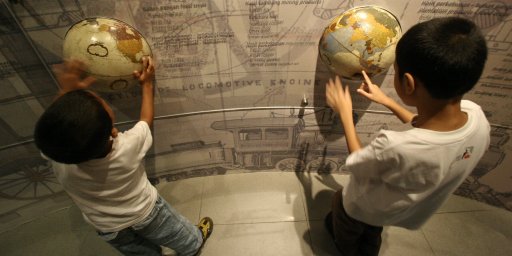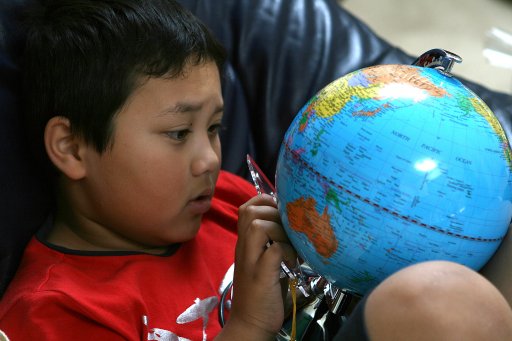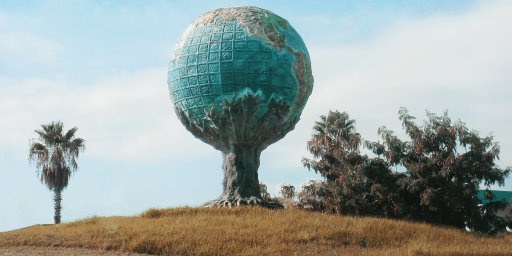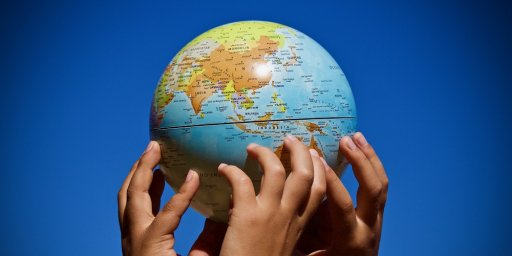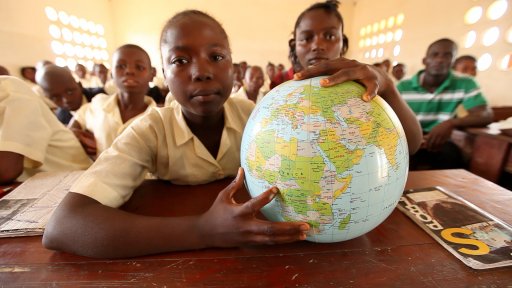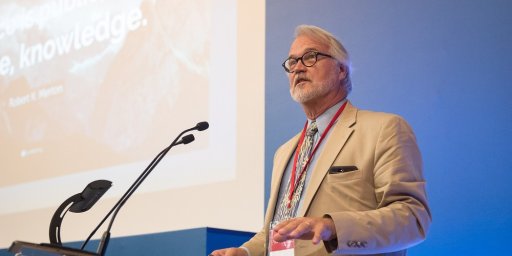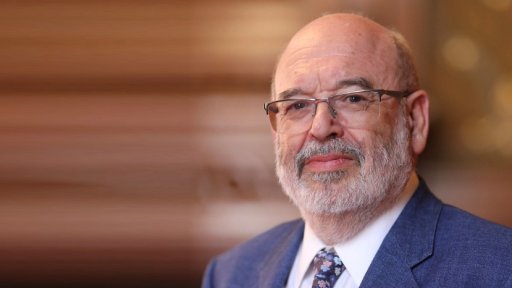How could we rethink our conceptual understanding of human development?
My point of departure is the basic needs approach that I set out with Len Doyal in 1991 in our book A Theory of Human Need. The theoretical foundation of this work is that we need an objective notion of the needs all people share. These are, for example, health, education, effective participation or autonomy. This means that some social organizations are better equipped than others to provide for these needs. This perspective is now more relevant than ever, yet it is blatantly clear that universal human needs ought to be seen against planetary boundaries.
I have always been keen on the Human Development Index because it places health and education alongside GDP growth, and represents a better proxy to measure how autonomous people can be. However, other crucial variables are not taken into consideration. A key missing variable is environmental sustainability, as we live in a world with important material constraints and climate change is a threat to all.
A clear example of this perspective is illustrated by Kate Raworth’s Doughnut Diagram. She places planetary boundaries on the outside, while the human needs base remains at the core. In my view this is the bottom line and what the SDGs enable us to see more clearly. However, the SDGs do not have a strong theoretical foundation, and this is the area where we need most work on going forward. If we take, for example, the basic definition in the Brundtland Report of the World Commission on Environment and Development: Our Common Future, sustainable development is “development that meets the needs of the present without compromising the ability of future generations to meet their own needs.” That is, rethinking human development within planetary limits.
Could you tell us more about the core ideas you present in your book Heat, Greed and Human Need?
The book introduces a discussion on the theory of human needs, in a manner that can inform the operationalization of the SDGs. The subtitle of the book is Climate Change, Capitalism and Sustainable Wellbeing, as I believe this is the real concrete context in which to rethink needs and development.
I am aware that there are other people who argue we need a more disaggregated measure of human development, for example the disaggregation that Raworth makes in the inner circle of her Doughnut approach. I believe that today, the work of Julia Steinberger and Dan O’Neill at Leeds University – A Good Life For All Within Planetary Boundaries – has a lot of potential. This work iterates the two insights that we need to attend to both planetary boundaries and human needs. These authors challenge our theory of human needs and reframe needs as material intermediate needs that enable human development, such as housing, water and nutrition. At the same time, they cross reference those needs with planetary boundary measures. The end result is an overall measure of what you could call a rearticulated (sustainable) human development.
The authors look at three groups of countries in the world. They look at the rich countries that do well on human development but terribly on the sustainability and planetary boundary index. Then they look at countries like India, which score quite badly on many social grounds, but have very low emissions and natural resource impact. And then somewhere in between you find the score of countries like China. What this tells us is that we need high human development that has low impact on planetary boundaries, and no country is close to such a goal.
What are the most important challenges for this notion of human development within planetary boundaries?
The answer to this question is very simple. The biggest challenge is global capitalism. In my book I look at the possibilities for a hopeful future and unpack how the current levels of inequality are simply outrageous. Inequalities keep rising and the absolute differences in income and wealth widen continually over time. This is the result of a model of growth that is taking the whole planet along the same pathway. The key question is how this can be modified, challenged, diverted to avoid the climate and ecological breakdown that might become inevitable. An extraordinary amount of action is required to keep global temperatures below the 1.5C- average in relation to pre-industrial times, as recommended by the Paris Agreement. The intellectual challenge relates to the fact that neoclassical economics and individual satisfaction remain at the core of the measure of well-being. This view remains central in all countries and it is still being taught at most universities. In short, the connected challenges of global capitalism, climate breakdown and the pervasiveness of neoliberal economic thinking are, in my mind, the three most important challenges to human development.
How can we then make the human development approach more relevant and more influential for policy-making and for decision-makers? What do you think needs to happen in order to move it beyond this dominance of neoclassical economics?
To me, the only way is to challenge this paradigm, first and foremost, theoretically. We need a stronger notion of common human needs. It is the only thing that can apply in the rich West and in the poorer South. A notion of human needs that has meaning everywhere and for everyone. From this theoretical perspective then one can differentiate necessities and luxuries, including the luxuries that destroy the environment and the hopes of future generations. There have to be challenges to the types and levels of consumption in the West, as well as challenges to the modes of development in the South. I still think that is the central challenge. I believe, however, that these challenges are already beginning to be made, at least to a certain extent.
The COVID-19 crisis has shaken things up a lot. It has led, for example, to the need to identify essential workers, and now we see that many governments have lists of who those essential workers are – demonstrating that this accounts for almost one third of the total labour force. Then we have seen more clearly who the non-essential workers are, often emerging as those involved in the types of activities that lead to individual pleasure, or activities that are simply unproductive, that create dangers and undermine welfare. That sort of discourse is coming back now.
This epidemic has also shown that governments can spend lots of money quickly if they want to. They can borrow money at zero percent interest, also showing that the way we manage finances can be changed at short notice. To me these shifts that are happening now are hopeful and could lead to a revival of the human needs-based approach.
To conclude, what would be, in your opinion, a meaningful and useful definition of human development for our changing world today?
To me the most meaningful definition of human developed is expressed very clearly in the Brundtland Report. Human development is about meeting the needs of everyone on the planet today without preventing future generations from doing the same. And this is what many good scholars are trying to do now when providing alternative ways to measure development. For example, Jason Hickel is building what he calls the Sustainable Development Index, building on the Human Development Index. He wants to keep health and education, but rather than focusing on income, he factors in measures of emissions and use of material resources. This leads us to a very different view on who is and who is not ‘successfully developed’, and reveals that middle-income countries such as Costa Rica often score the highest. The second approach that I believe is also important is represented by the work of the ‘Living well within limits’, or LiLi approach, that I introduced earlier. Here scholars propose a much more disaggregated perspective both regarding planetary limits and human needs satisfaction.
What all this work tells us is that it is possible to tackle the SDGs. Many of us thought the SDGs, even though hugely influential and signed by most countries in the world, were almost like an impossible task, with 17 goals and more than 150 targets. In my work I have attempted to separate the indicators that apply to individuals, such as nutrition, from other social development goals, such as peace and gender equality, which are dependent on structural issues. This enables us to see better what the potential actions are to meet the targets.

Ian Gough is a Visiting Professor at the Centre for the Analysis of Social Exclusion (CASE) and an Associate at the Grantham Research Institute on Climate Change and the Environment (GRI), both at the London School of Economics and Political Science. He is the author of Heat, Greed and Human Need: Climate Change, Capitalism and Sustainable Wellbeing.
Image by Marc Schulte on Unsplash



